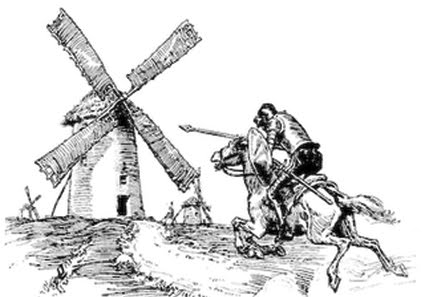FAA Safety Team | Safer Skies Through Education
Important Charter Guidance for Pilots and Passengers
Notice Number: NOTC9901
Today, booking a charter flight can be as easy as tapping a few buttons on your mobile device. But that doesn’t mean the flight is legal or safe.
The FAA’s top priority is ensuring the safety of the traveling public, and it’s critical that both pilots and passengers confirm that the charter flights they’re providing and receiving comply with all applicable Federal Aviation Regulations.
If you pay for a charter flight, you are entitled to a higher level of safety than is required from a free flight from a friend. Among other things, pilots who transport paying passengers must have the required qualifications and training, are subject to random drug and alcohol testing, and the aircraft used must be maintained to the high standards that the FAA’s charter regulations require.
The FAA recently
sent a letter about this issue to a company called Blackbird Air that created a web-based application that connects passengers with pilots. The letter
emphasizes an FAA policy about the requirements for pilots who are paid to fly passengers. The policy states that pilots who are paid to fly passengers generally can’t just hold the required Commercial or Airline Transport pilot license – they also must be employed by the company operating the flight, which must hold a certificate issued under
Part 119 of the Federal Aviation Regulations. Or the pilots must themselves hold a Part 119 certificate.
Any pilot who provides charter flights without complying with the Part 119 certificate requirement would be violating the Federal Aviation Regulations – even if they possess a Commercial or Airline Transport Pilot license. The FAA’s determination has been
upheld in federal court.
A current listing of FAA-licensed charter providers is available
here.
Q&A
Q: I have a Commercial/Airline Transport Pilot license. Why can’t I simply sign up on a web-based app as a pilot for hire and get paid to fly passengers?
A: The FAA
has determined that pilots who participate in a for-hire service are holding themselves out as providers of common carriage. As such, they must be employed by the company operating the flight that holds a certificate issued under Part 119 of the Federal Aviation Regulations or must themselves hold a certificate issued under Part 119. The FAA expects to issue additional written guidance on this issue soon. Pilots who have questions about the legality of a planned operation should contact their local FAA Flight Standards District Office.
Q: I’m a pilot who has conducted flights through Blackbird but I don’t work for a Part 119 certificate holder nor do I have a Part 119 certificate. What’s going to happen to me?
A: At this time, the FAA is reminding pilots and alerting passengers about the requirement that Commercial pilots and Airline Transport Pilots must also conduct charter flights under proper Part 119 certification. The FAA does not plan to take enforcement action against pilots who have conducted prior flights using the Blackbird app without a Part 119 certificate. However, any pilot who doesn’t meet these requirements and conducts for-hire flights going forward could face enforcement action from the FAA.
Q: I was a passenger who paid for a charter flight through Blackbird and the flight was not operated under a Part 119 certificate. Do I face any sanctions?
A: At this time, the FAA does not plan to assess sanctions against any passenger who paid for any such flight. We note, however, that if a passenger
accepts operational control over a flight, which means accepting responsibility for the safety of the flight and that it complies with all applicable regulations, that passenger may be responsible for any regulatory violation related to the flight. This could include violations related to the failure to comply with part 119 certification requirements. The FAA strongly encourages passengers to ensure their charter flights meet all applicable regulations.
Q: Is the FAA saying that all flights conducted through Blackbird could potentially violate the Federal Aviation Regulations?
A: No. Flights piloted by properly certificated pilots who are conducting the flight for companies that hold Part 119 certificates, or flights flown by pilots who themselves hold a Part 119 certificate, may comply with the Federal Aviation Regulations.
Q: As a passenger, what should I look for when making arrangements for a charter flight? How can I know if my flight is legal?
A: A current list of FAA-certificated charter providers is available
here.
Pilot certificate information is available
here.
Passengers also should ask the pilot if their specific flight is conducted under a Part 119 certificate.
Q: When did the FAA determine that pilots who sign up with on-line for-hire services are holding themselves out as engaged in common carriage requiring a Part 119 certificate?
A: This has been the FAA’s longstanding policy consistent with the regulations that govern common carriage operations. The FAA issued
determinations in 2014 to companies called Flytenow and Air Pooler that apply this longstanding policy to web-based initiatives. Blackbird’s platform is similar to those companies’ platforms.
Q: When was the court ruling that upheld the FAA’s determination?
A: In 2015, the United States Court of Appeals for the District of Columbia Circuit upheld the FAA’s determination in the case
Flytenow, Inc. v Federal Aviation Administration.

